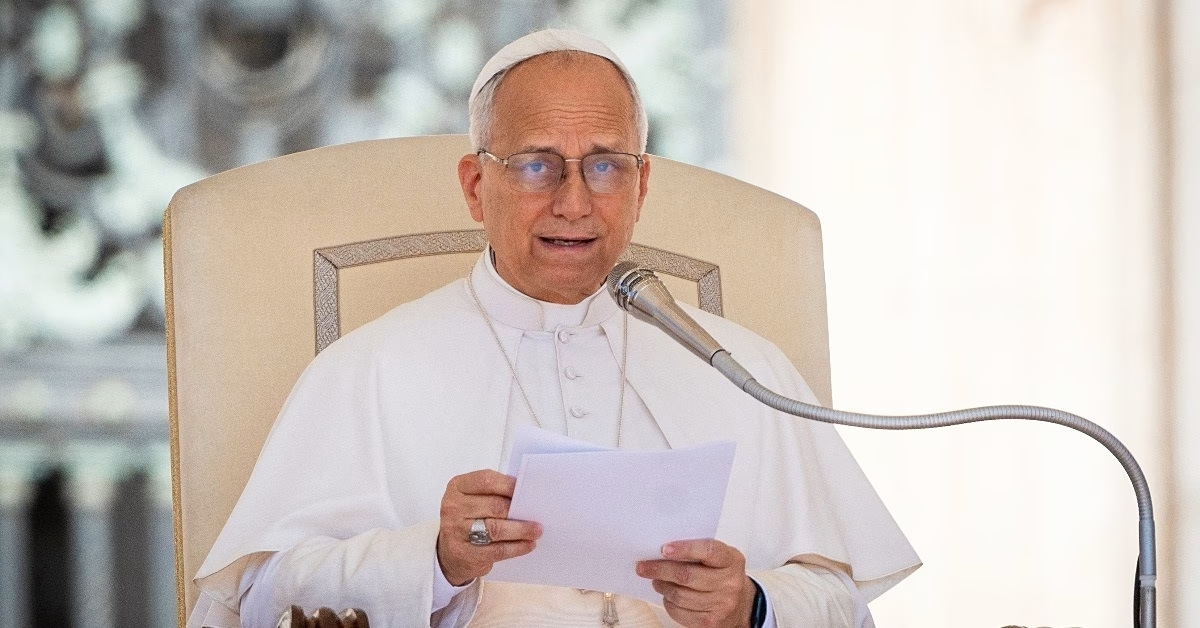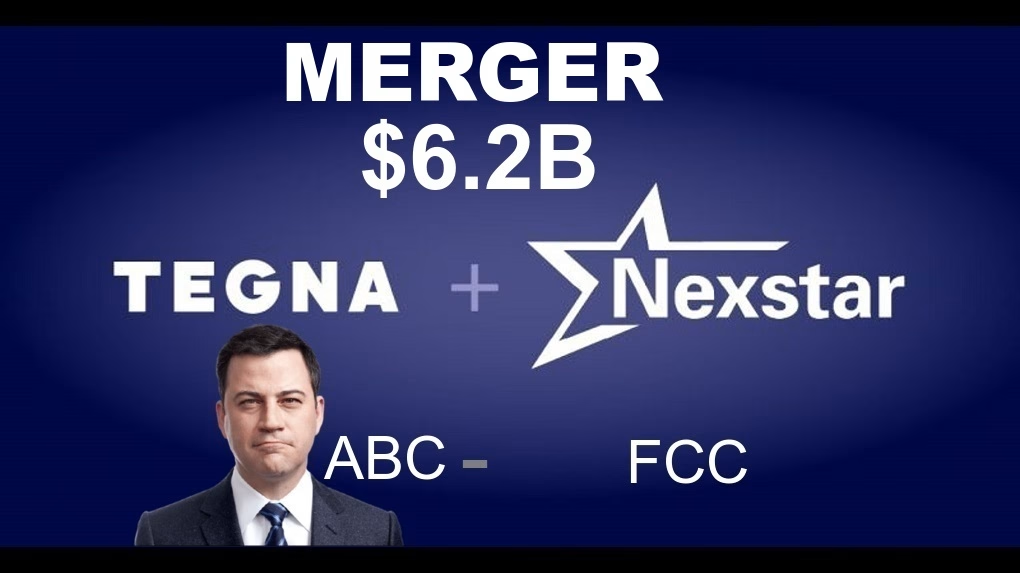By Ben Emos & Don Terry | Sunday, October 05, 2025 | 5 min read
Pope Leo again challenged political leaders who describe themselves as “pro-life” while supporting policies that, in his view, contradict the sanctity of human dignity. Speaking on Tuesday, he criticized what he called a selective morality that condemns abortion but tolerates cruelty toward others, including migrants and those facing the death penalty.
“Someone who says, ‘I’m against abortion but I am in favor of the death penalty,’ is not truly pro-life,” the pontiff said. “And someone who claims to oppose abortion but supports the inhuman treatment of immigrants—I don’t know if that can really be called pro-life.”
His remarks came during a press conference in response to questions about the Chicago Archdiocese’s plan to give a lifetime achievement award to Illinois Senator Dick Durbin. The longtime Democrat, an outspoken supporter of reproductive rights and immigration reform, announced earlier this year that he would retire after four decades in public office.
Although Pope Leo did not mention any political figure by name, many interpreted his comments as a critique of President Donald Trump’s immigration policies and the broader conservative movement in the United States that aligns itself with “pro-life” causes while endorsing strict border enforcement and capital punishment.
White House press secretary Karoline Leavitt, herself a practicing Catholic, quickly responded during Wednesday’s briefing. She rejected the idea that the administration’s immigration policies amounted to inhumane treatment. At the same time, she pointed to historical challenges faced by previous administrations, highlighting the ongoing complexity of border enforcement and the dangers migrants face along the journey.
Her comments underscore how deeply intertwined faith and politics remain in America, particularly in debates over life, morality, and justice. For many Catholic voters, opposition to abortion has long defined what it means to be “pro-life.” Pope Leo, however, has consistently argued that the concept must extend beyond a single moral issue to include opposition to the death penalty, social neglect, and policies that harm the vulnerable.
This was not the first time the Argentine-born pope has critiqued American political figures. Earlier this year, while still Cardinal Robert Francis Prevost, he publicly criticized Vice President J.D. Vance over comments about “biblical hierarchy” in family life. “Jesus doesn’t ask us to rank our love for others,” he wrote in an opinion piece, urging a faith that emphasizes compassion over control.
Leo’s broader moral framework, often described by theologians as a “consistent ethic of life,” holds that defending human life must extend to every stage and every circumstance. It encompasses issues ranging from poverty and war to the treatment of refugees and the condemned. By this logic, opposing abortion while endorsing cruelty toward others is inconsistent with the Church’s moral teachings.
Supporters of the pope’s view argue that American Catholics frequently interpret “pro-life” too narrowly, focusing on abortion while neglecting other threats to life and dignity. Critics, meanwhile, contend that broadening the definition risks diluting the Church’s stance on abortion. Nonetheless, the pope has repeatedly emphasized that moral consistency is not optional for believers, whether in public office or private life.
The reaction to his latest comments was swift. Faith-based organizations that work with migrants and refugees praised the pope’s words as a reminder that defending life cannot be selective. “You can’t claim to protect life only when it fits your ideology,” said Sister Angela Martinez, director of a Catholic migrant shelter in Texas. “The gospel calls us to defend life at every stage, in every circumstance.”
Within the political sphere, Leavitt’s defense of the administration’s policies highlighted the tension between religious messaging and government action. While she emphasized legal and humane enforcement measures, the pope’s words resonated as a broader moral challenge, reminding Americans that policy decisions have real consequences for human dignity.
For Pope Leo, moral consistency has long been central to his leadership. From climate change to economic inequality, he has urged global leaders to align their actions with ethical principles, not just rhetoric. His latest statement fits squarely within that pattern: a challenge to ensure that claims of being “pro-life” are backed by policies that truly protect and respect human life in all its forms.
Whether his comments will influence public opinion remains uncertain, but they underscore a clear message: being pro-life, in the pope’s view, requires defending the dignity of every person, not just the unborn, and acting with compassion toward the marginalized, the vulnerable, and the powerless. In an era where faith often intersects with politics, Pope Leo’s message serves as a reminder that true moral leadership demands consistency, courage, and care for all of humanity.
Trump and FCC Left Seething as European Leaders Mock His False Boast About Ending a War
This Is How Civil Wars Start: Trump Turns American Cities Into Battlefields
Best Friends in Infamy: The Statue of Trump and Epstein, and the Art That Won’t Be Silenced
Comey’s Charges Had Nothing to Do With Russia Interference — This Was Trump’s Payback
Epstein Files Put Musk Back in Spotlight—Could Tesla’s $29 Billion Shareholder Payout Be at Risk?






